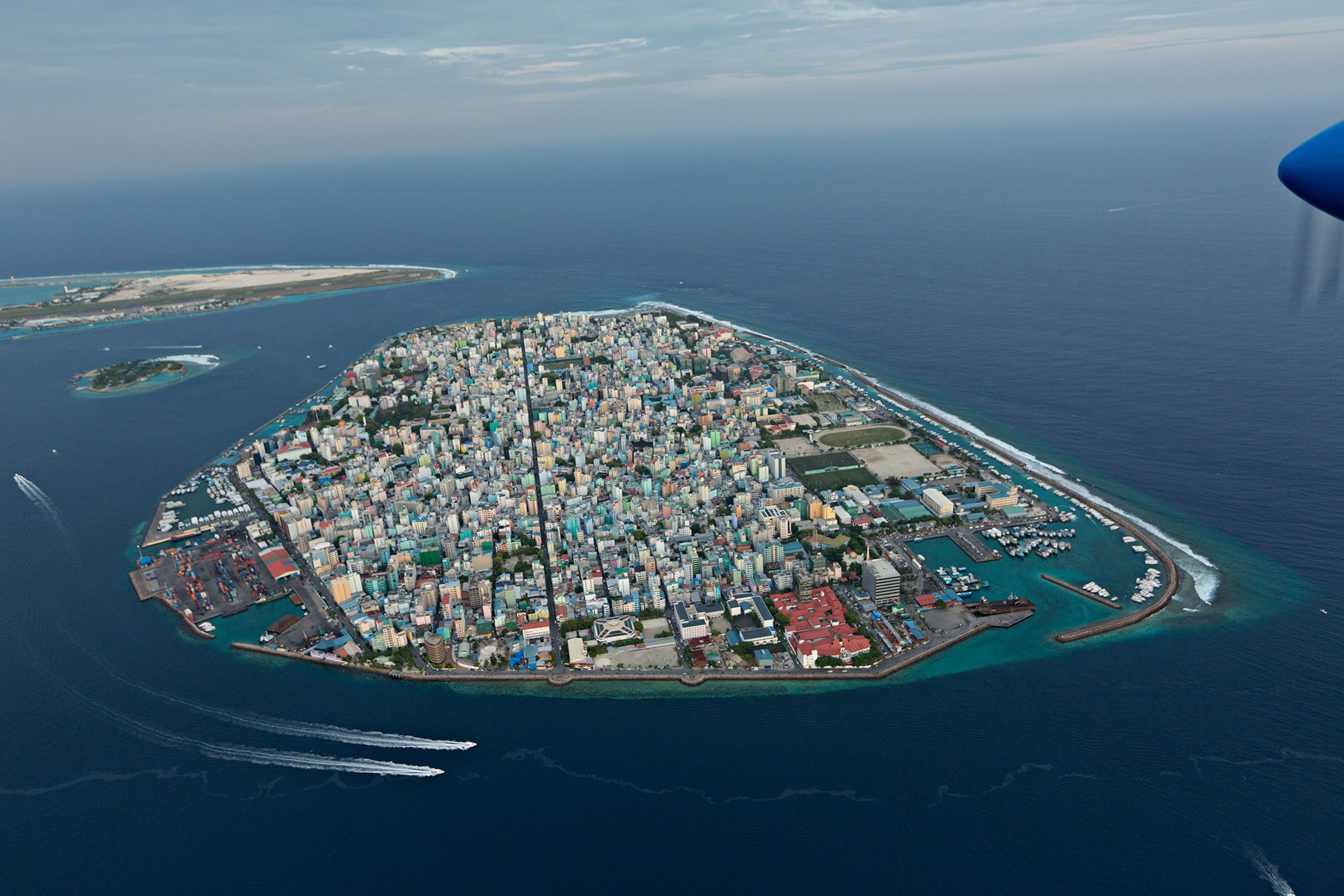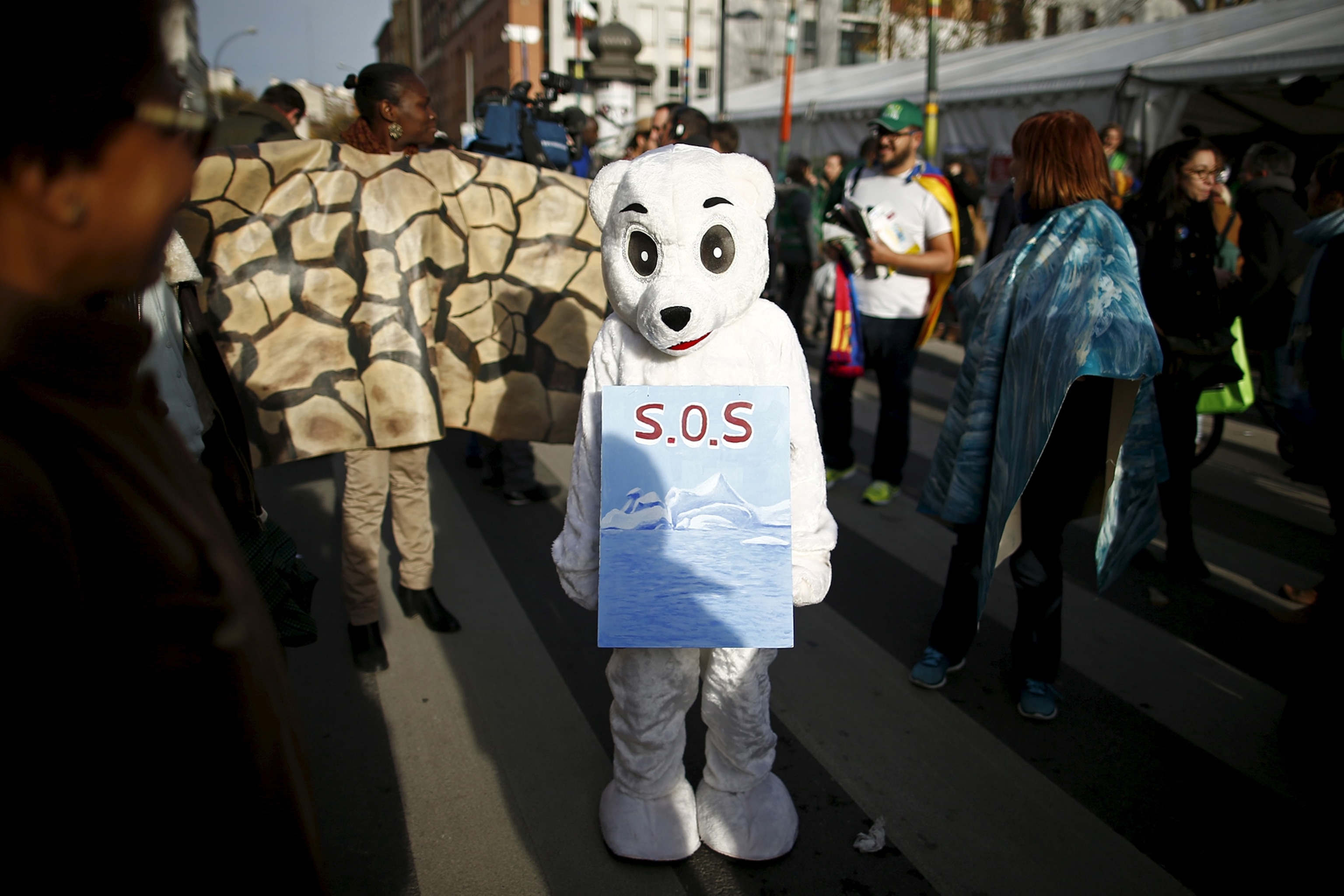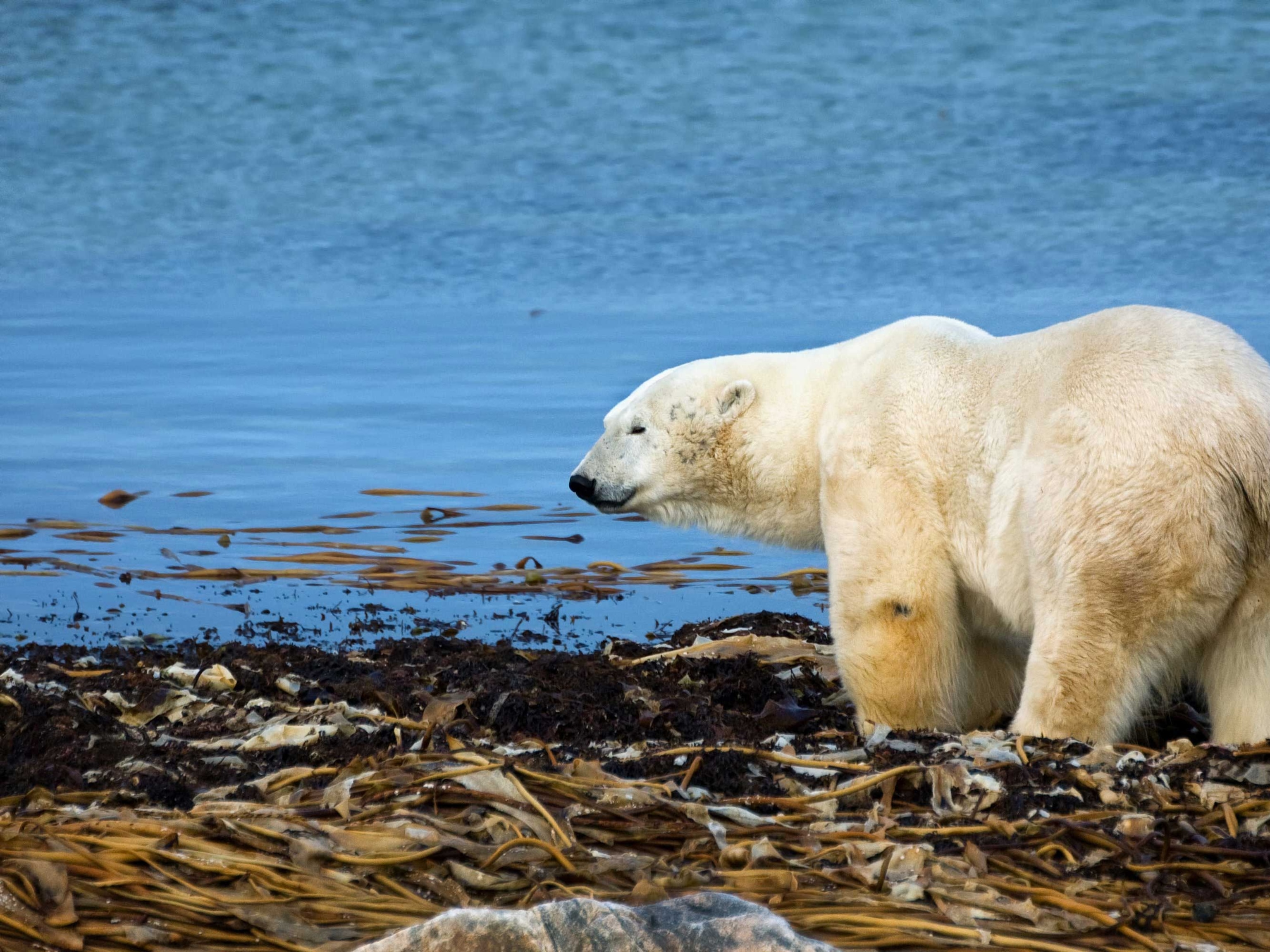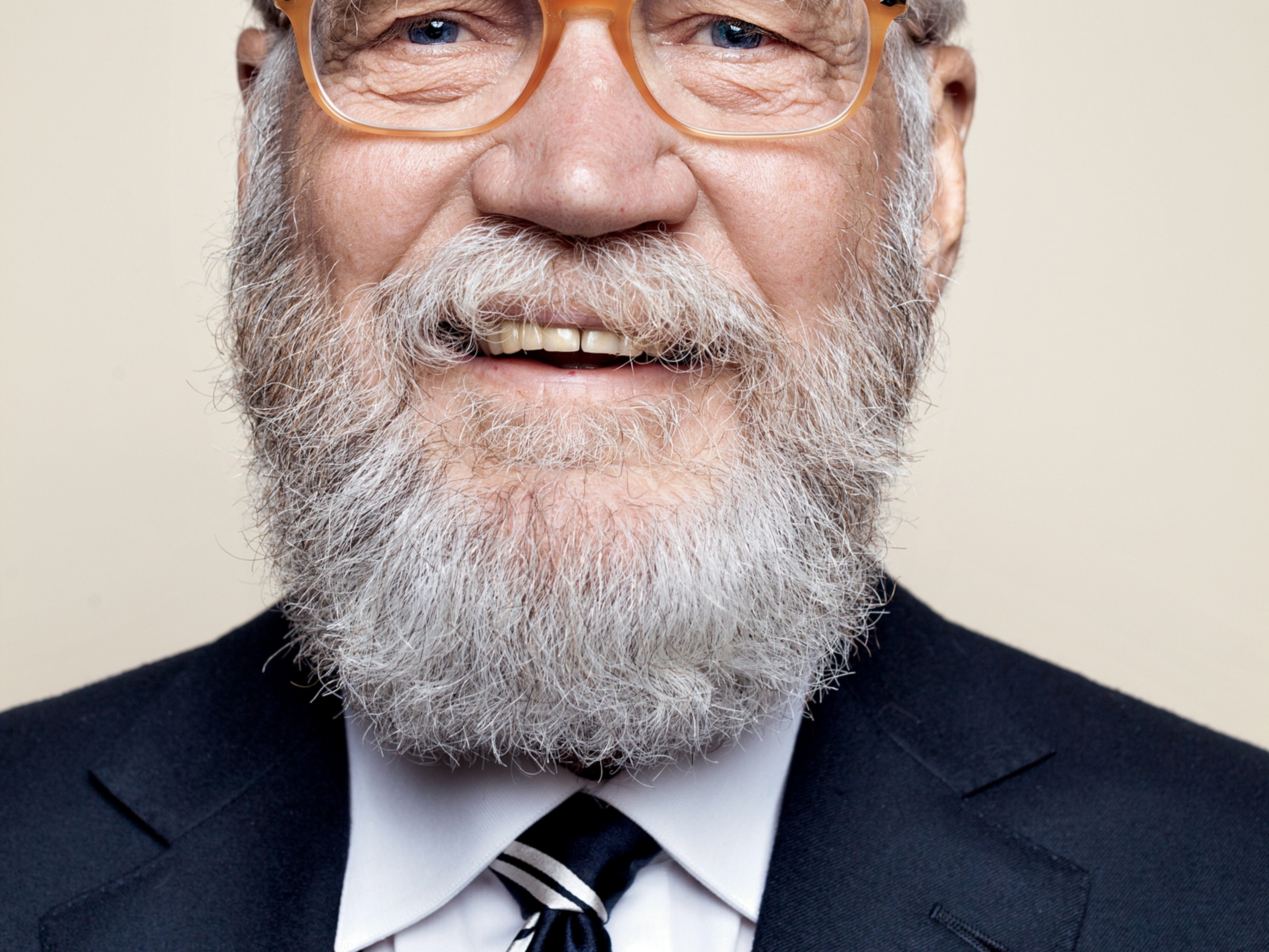
4 Big Unresolved Questions in the Draft Climate Agreement
Midway into climate talks in Paris, negotiators have a rough draft.
LE BOURGET, France — Negotiators from 195 countries signed off on a draft climate agreement here Saturday, but the document left so many huge questions unanswered that the real work is only just beginning.
The negotiating teams turned their rough draft over to French Foreign Minister Laurent Fabius, who will guide senior ministers from each country Monday as they try to seal a final deal before the talks are scheduled to end Friday.
Representatives from around the globe have huddled for the past week outside Paris in a small compound of warehouses that smell faintly of fresh plywood. As thousands of journalists track their progress—and as thousands of activists attempt to influence the outcome—negotiators are trying to hammer out a plan for cutting carbon emissions. The goal, initially, was to prevent global temperatures from rising beyond 2 degrees Celsius, but the reality of the negotiations is proving more complicated than that.
(Read our special issue: Climate Change is Here.)
United Nations Secretary General Ban Ki-Moon, who has pushed for years for a global pact, warned Saturday that no solution would be perfect and urged nations to compromise. But he also suggested a deal was within reach.

"Today, as never before, the stars are aligned in favor of strong, concerted action on climate change," he said.
Here’s a look at four of the thorniest issues yet to be resolved:
Who pays and how much?
Small countries, particularly island states in danger of being swamped by rising seas, have been pushing for developed nations to contribute significant amounts of cash to compensate them for "loss and damage" caused by warming. The argument is that the countries likely to suffer the most are the least responsible for emissions—and the least able to rebound from the damage.
Wealthy countries have agreed to create a $100 billion fund by 2020 to help poorer countries. But questions remain about whether nations, primarily the United States, also should be legally bound to compensate other nations for damages. Some smaller countries are pushing for an international tribunal to go after countries that don’t meet their obligations, according to the Associated Press.
Developed nations are certain to keep objecting. But at day's end on Saturday, it did not appear that island states were willing to let the issue go. The $100-billion commitment, said Tony deBrum, minister of foreign affairs in the Marshall Islands, "is now tainted with what some feel is some creative accounting and a failure to prioritize assistance for the most vulnerable."
How binding will it be?
Many countries have said they want a "binding agreement." But what that means is in the eye of the beholder.
The plans proposed by more than 180 countries to cut or reduce growth of CO2 emissions are voluntary. France and China have said they want the entire document to be legally binding.
Some countries are more focused on the financial compensation sections. The Obama administration has said it wants the document to include strict language requiring countries to verify their emissions but given opposition by many Republicans in Congress, it's unlikely the U.S. will support a legally binding treaty, which may require approval by the GOP-led U.S. Senate.
How hot will we let it get?
Some experts such as former NASA climate scientist James Hansen say that allowing global temperatures to rise to 2 degrees Celsius is still too dangerous—especially given how little researchers understand about potential feedback loops. As a result, at least 106 countries now are pushing to limit warming to 1.5 degrees Celsius, while others are willing to try for something "well below 2 degrees."
The document currently contains both options. But all of the current pledges by countries, when combined, still don't reach either goal.
When will the carbon plans be revisited?
Because the current plans would not keep warming below 2 degrees, China, France, and many scientists earlier this fall urged countries to commit to ratcheting down their pledges even more after five years. By then, the world likely will see new technological advances and a growing market for renewable energy that will lower the price of solar, wind, and other clean-power options.
Some countries, such as Saudi Arabia, whose economy relies significantly on oil, want the current proposals to stand until 2025 or 2030. Still, it appears, Saudi Arabia is in the minority.
"Momentum in the real economy continues to grow and it is now up to ministers to find the compromises that will see Paris ramp up the transition to a net zero-emissions global economy," said Erwin Jackson, deputy director of the Climate Institute in Australia.
Follow Craig Welch on Twitter.




